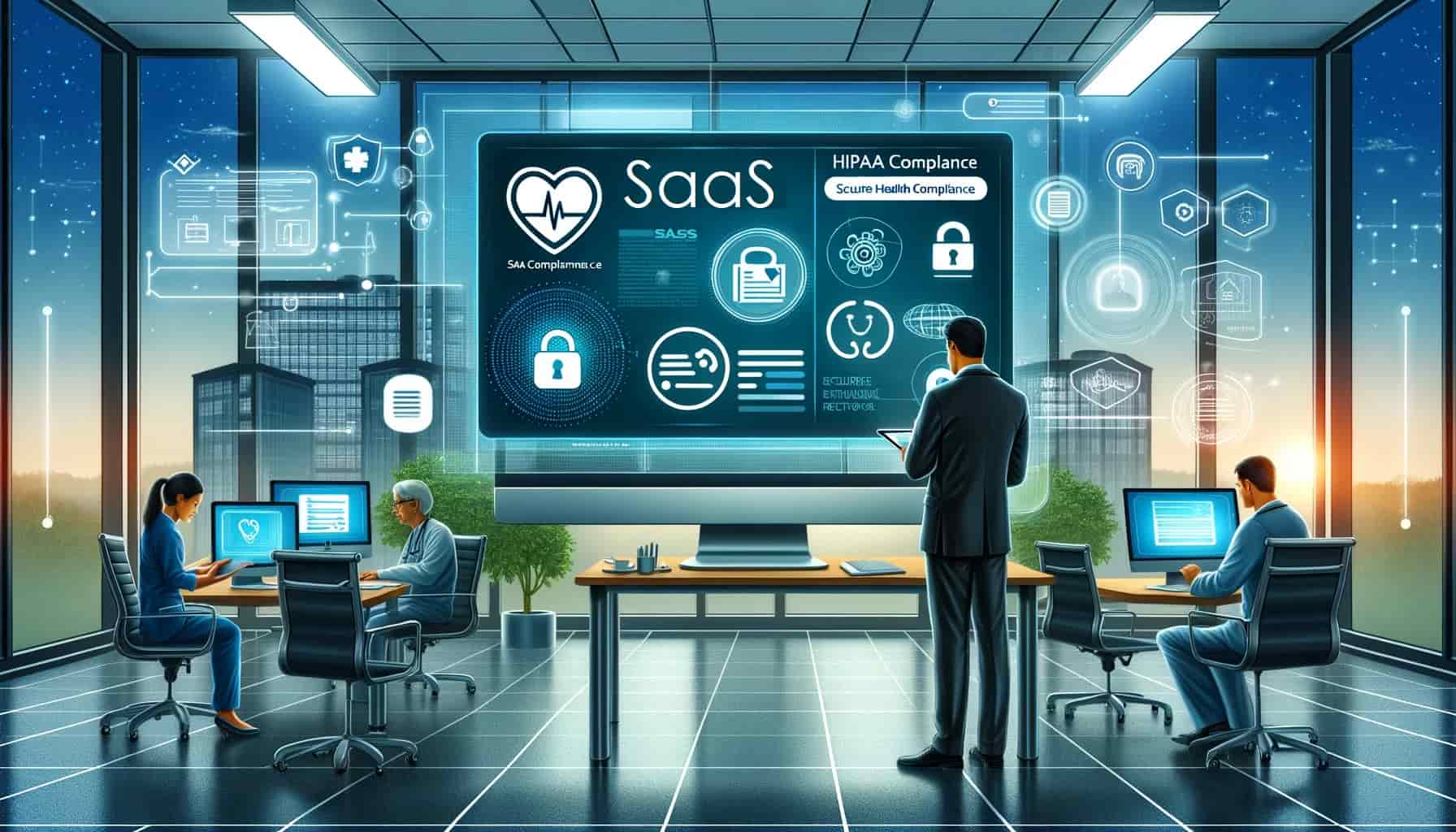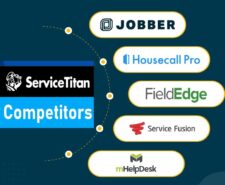As a SaaS supplier in the healthcare industry, you are responsible for maintaining, preserving, and transmitting sensitive health information. With the proliferation of electronic health records (EHRs) and telemedicine services, SaaS solutions are becoming increasingly important in the healthcare industry. However, this potential comes with a huge responsibility: ensuring your SaaS solution complies with the Health Insurance Portability and Accountability Act.
Understanding HIPAA Compliance for SaaS Vendors
HIPAA, a federal law, establishes safeguards for sensitive patient information. Compliance is more than just a legal obligation; it’s essential for preserving confidence and avoiding costly penalties and legal ramifications. This blog post will walk you through the HIPAA landscape, explaining your position and obligations as a SaaS provider in the healthcare industry.
Are You a Covered Entity or a Business Associate?
Understanding your compliance responsibilities under HIPAA begins with figuring out your classification. HIPAA recognizes two primary categories of entities:
- Covered Entities include healthcare providers, health plans, and healthcare clearinghouses that electronically transmit health information in HIPAA-covered transactions. They must adhere to the Privacy, Security, and Breach Notification Rules.
- Business Associates: If your SaaS platform performs functions or activities involving using or disclosing protected health information (PHI) on behalf of a covered entity, you fall into this category. As a business associate, you must comply with specific HIPAA regulations, including signing a business associate agreement (BAA) with the covered entity.
A Cloud Security Alliance survey revealed that 63% of healthcare organizations use at least one cloud-based SaaS application, highlighting the critical role of SaaS providers in handling PHI.
Key HIPAA Compliance Requirements for SaaS Providers
Understanding and implementing the following HIPAA rules is essential for SaaS providers in the healthcare sector:
- Privacy Rule: This rule governs the use and disclosure of PHI, requiring patient consent for certain actions and ensuring patients have access to their PHI.
- Security Rule: It mandates the implementation of administrative, physical, and technical safeguards to protect electronic PHI (ePHI), including data encryption and access controls.
- Breach Notification Rule: This rule requires entities to notify affected individuals and authorities promptly in case of a PHI breach.
- Omnibus Rule: Updates the HIPAA regulations to reflect advancements in healthcare technology and industry practices, reinforcing the protection of PHI.
- Enforcement Rule: Outlines procedures for investigating HIPAA violations and imposing penalties, ensuring compliance with the Privacy and Security Rules.
Conclusion
HIPAA compliance is essential for SaaS companies in the healthcare industry to operate. You may guarantee that your SaaS service complies with legal requirements and safeguards individuals’ sensitive health information by determining if you are a covered entity or a business partner and learning about the HIPAA compliance requirements. Compliance is more than just following the law; it’s also about creating a safe and reliable environment for patients and healthcare professionals.
FAQ
1. What is SaaS compliance?
Ensuring a Software as a Service (SaaS) product complies with all applicable industry-specific regulations and standards is known as SaaS compliance. The method of complying with legal, industrial, and security standards entails coordinating the software’s operations, security measures, data processing, and privacy regulations. Regulations like GDPR for data protection, SOC 2 for security and privacy policies, and HIPAA for managing healthcare information are examples of how SaaS businesses may be subject to these.
2. How can software be HIPAA compliant?
Software can be HIPAA compliant by adhering to the Health Insurance Portability and Accountability Act’s (HIPAA) rigorous security and privacy regulations. Necessary actions consist of:
- Conducting a risk analysis to identify potential vulnerabilities in handling protected health information (PHI).
- Implementing physical, administrative, and technical safeguards to protect PHI, such as encryption, access controls, and audit trails.
- Ensuring data integrity and confidentiality through secure transmission and storage of PHI.
- Training employees on HIPAA regulations and compliance procedures.
- Executing business associate agreements (BAAs) with third-party vendors that handle PHI on behalf of the software provider.
3. What is HIPAA compliance in the cloud?
HIPAA compliance in the cloud refers to cloud service providers’ and providers’ compliance with the criteria and guidelines established by HIPAA to safeguard the confidentiality and privacy of protected health information (PHI). This entails making sure that the cloud service provider (CSP) puts in place the necessary security measures, such as:
- Access controls: Ensuring only authorized users can access PHI.
- Data encryption: Encrypting PHI both in transit and at rest.
- Audit controls: Implementing mechanisms to record and examine access and activities with PHI.
- Breach notification: Establish procedures to notify parties in a PHI breach.
- Business associate agreements: Executing BAAs with CSPs to clearly outline PHI handling and compliance responsibilities.
4. What is the meaning of a SaaS application that is advertised as being HIPAA compliant?
When a SaaS service is described as HIPAA compliant, it signifies that it was built and managed to meet HIPAA’s high security and privacy criteria for handling protected health information (PHI). This involves putting in place thorough protections to prevent illegal access, use, or disclosure of personal health information. The SaaS provider guarantees that the application complies with the HIPAA Privacy, Security, and Breach Notification Rules and that policies and procedures are in place to maintain compliance and address potential security incidents or data breaches.





